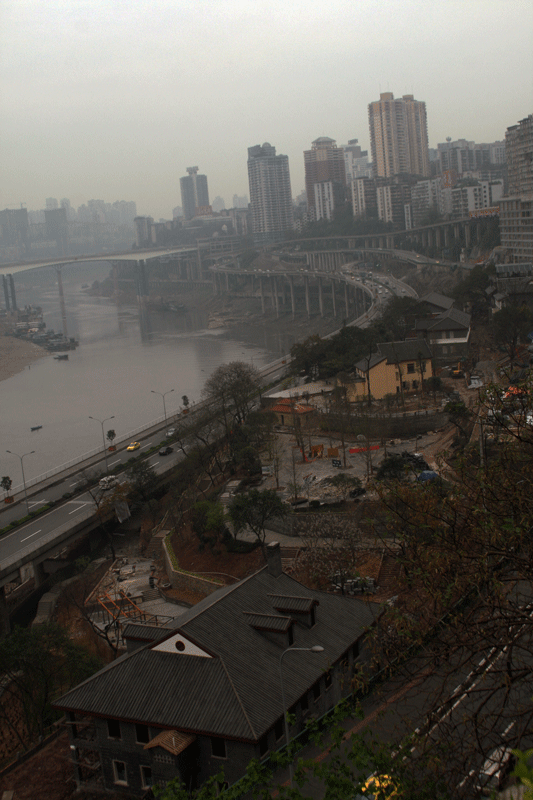General Joseph Warren Stilwell (March 19, 1883 – October 12, 1946) was a United States Army four-star General best-known for his service in China and Burma.
His contempt for formal military dress, his concern for the enlisted man, and his caustic personality would gain him two sobriquets: "Uncle Joe" and "Vinegar Joe."
Stilwell was the head of operations in the South Asia Theater in WWII, whose 1942-44 headquarters is now a museum.
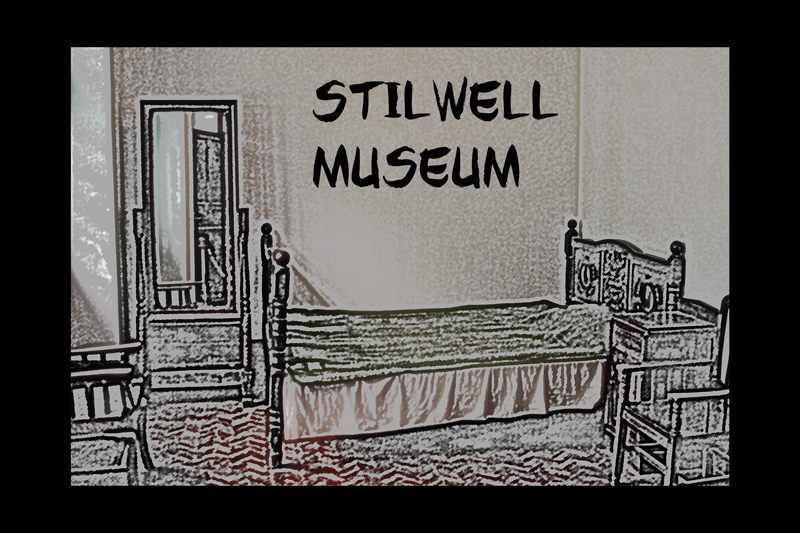
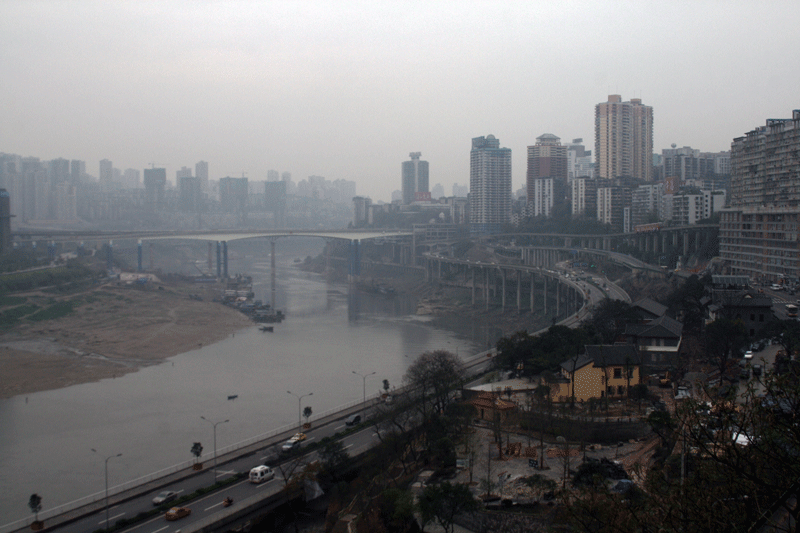
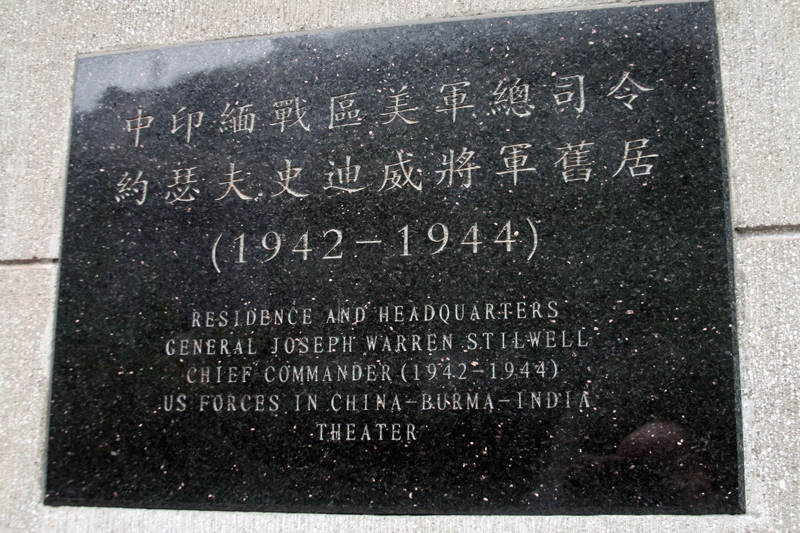
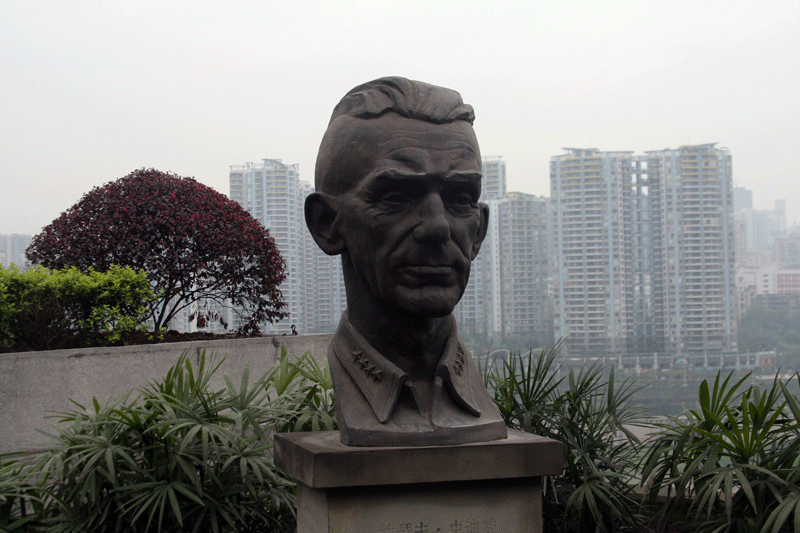
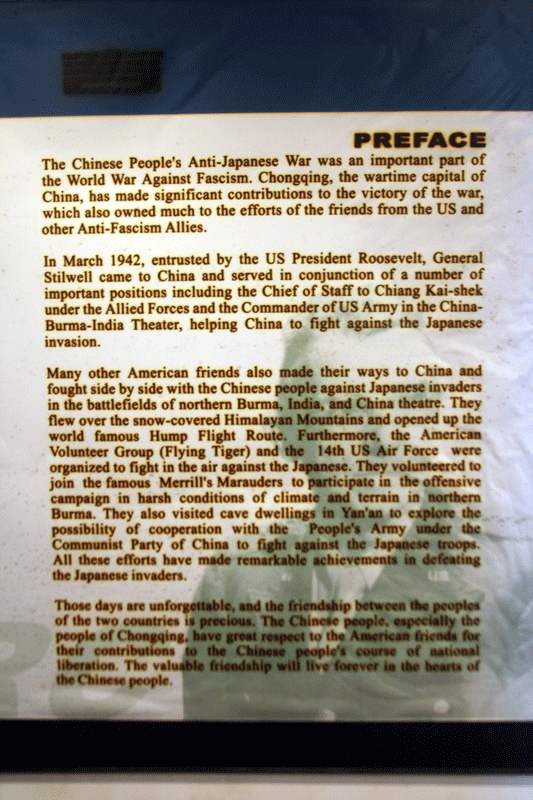
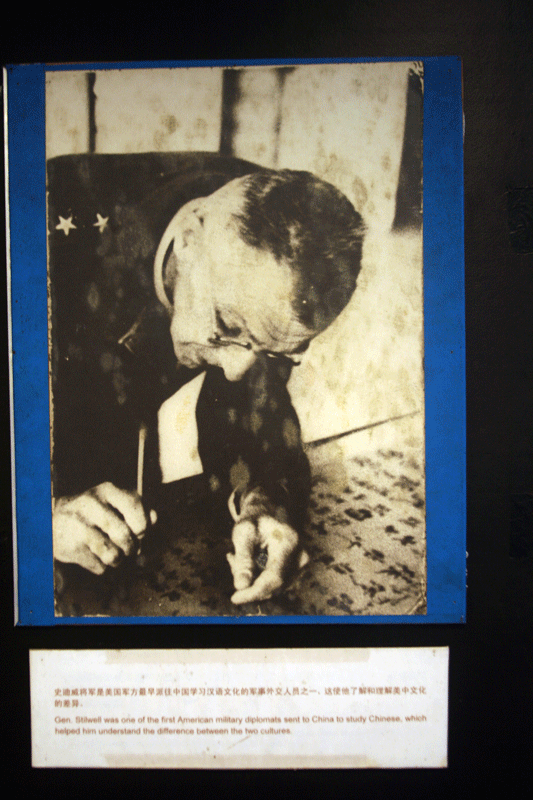
Let's review:
Post-Imperial China was a place of internal turmoil.

Local civil wars.
Fighting off the Japanese.
And a national civil war (Chiang's nationalists and Mao's communists) where both sides were being backed by the Soviets.
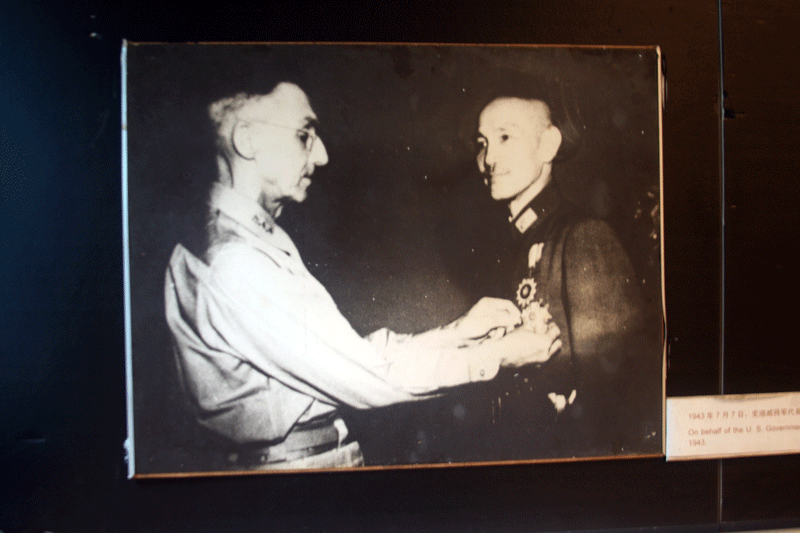
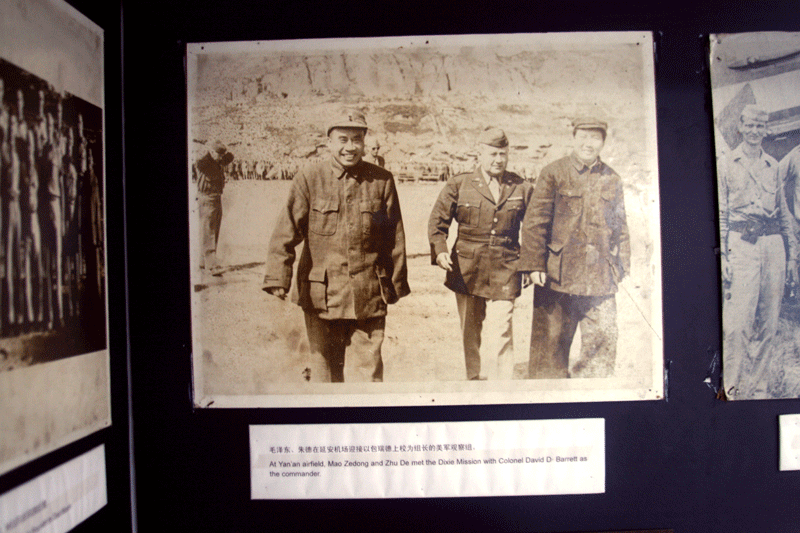
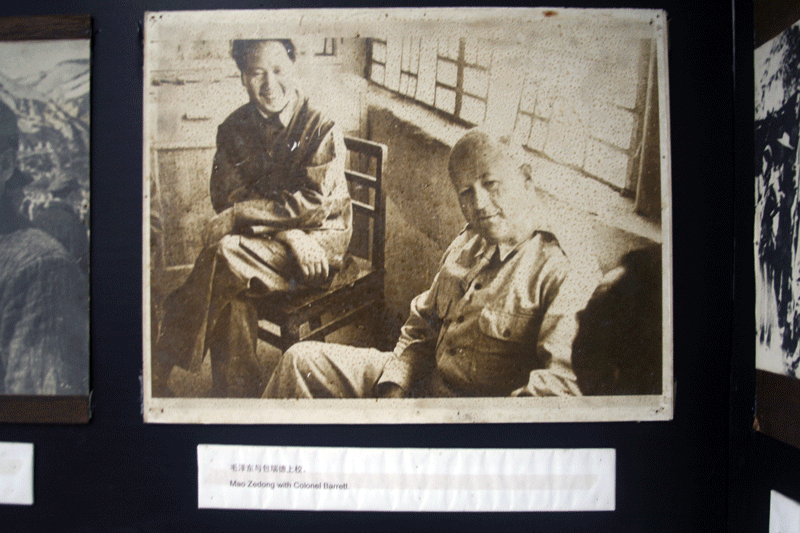
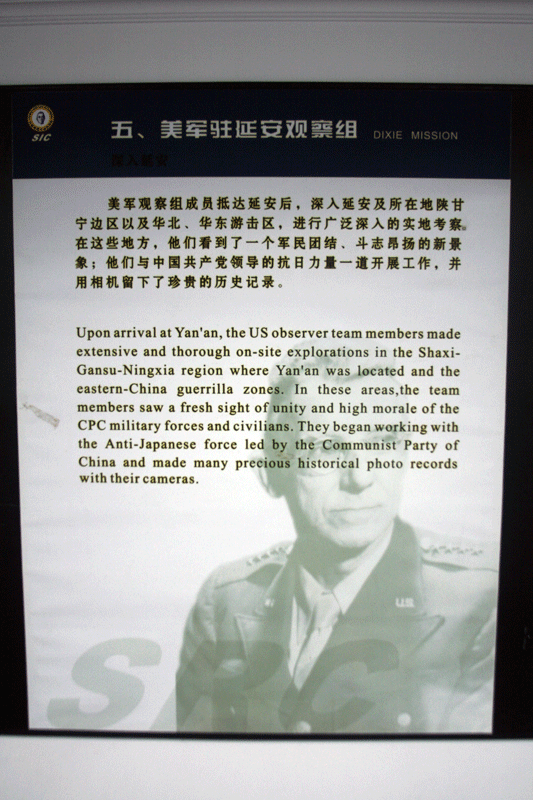
We were backing Chiang, however, and although Stilwell tried to warn the US about his corruption, there was really no way that we were going to side with the avowed communists.
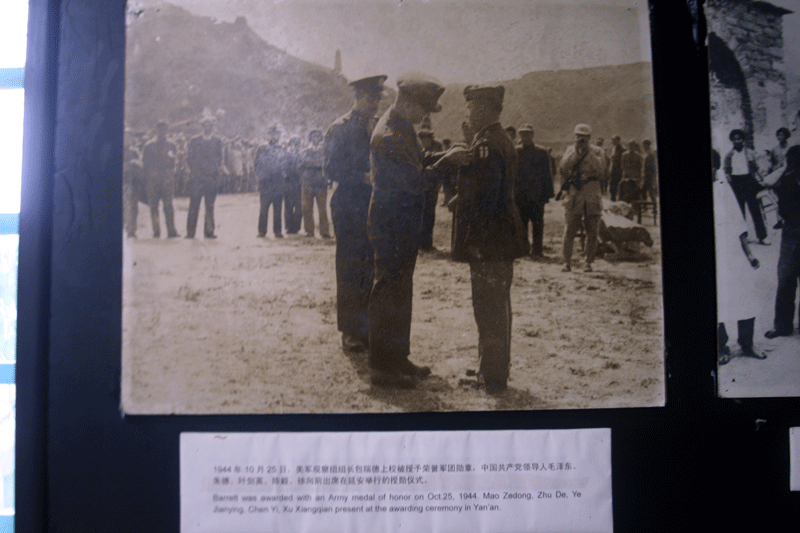
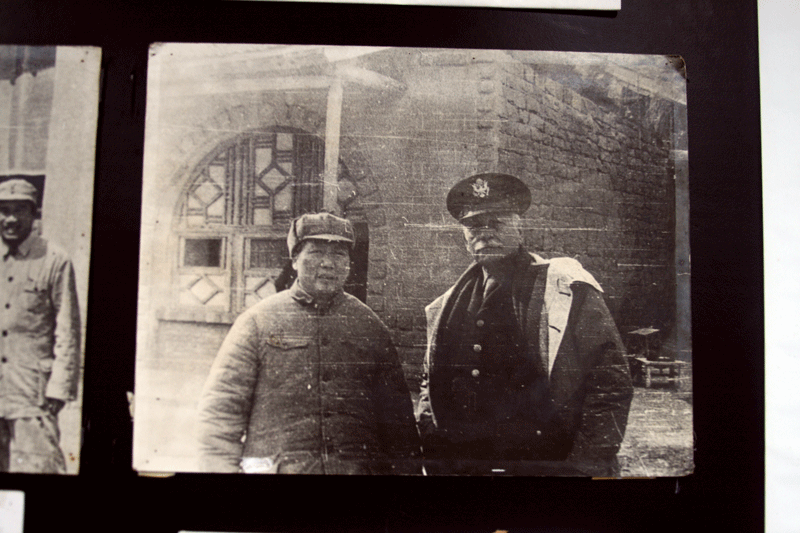
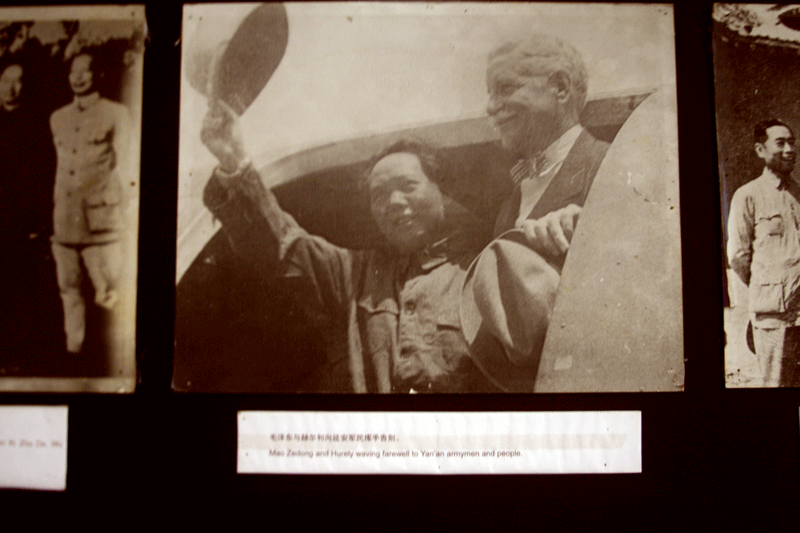
In 1944, Stilwell saw an opportunity to gain full command of all Chinese armed forces, and convinced officials to have Roosevelt send an utimatum to Chiang threatening to end all American aid unless Chiang "at once" place Stilwell "in unrestricted command of all your forces."
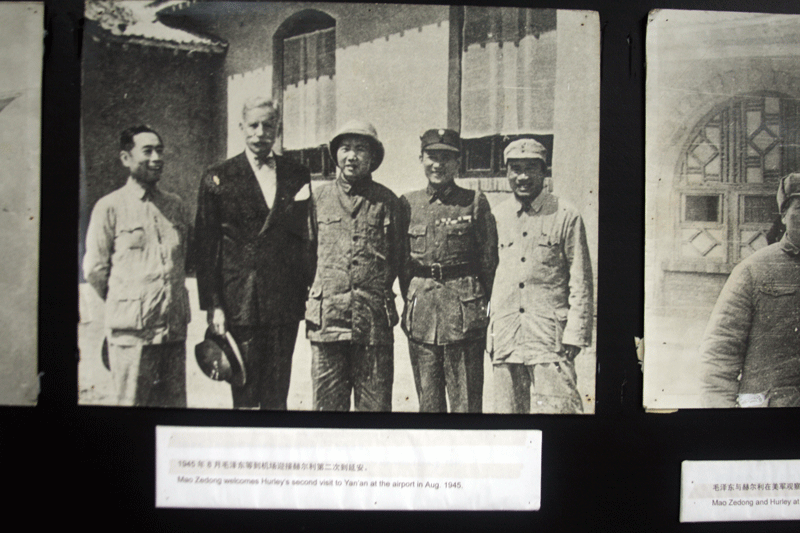
An exultant Stilwell immediately delivered this letter to Chiang despite pleas from Patrick Hurley, Roosevelt's special envoy in China, to delay delivering the message and work on a deal that would achieve Stilwell's aim in a manner more acceptable to Chiang.
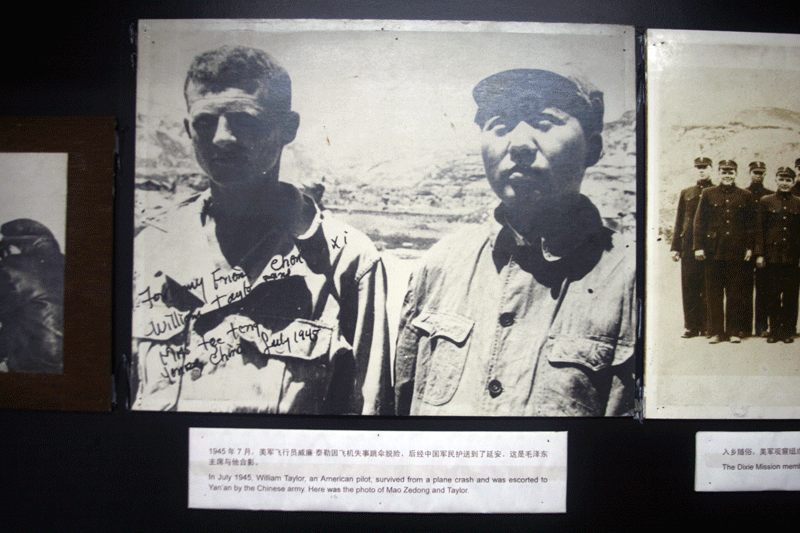
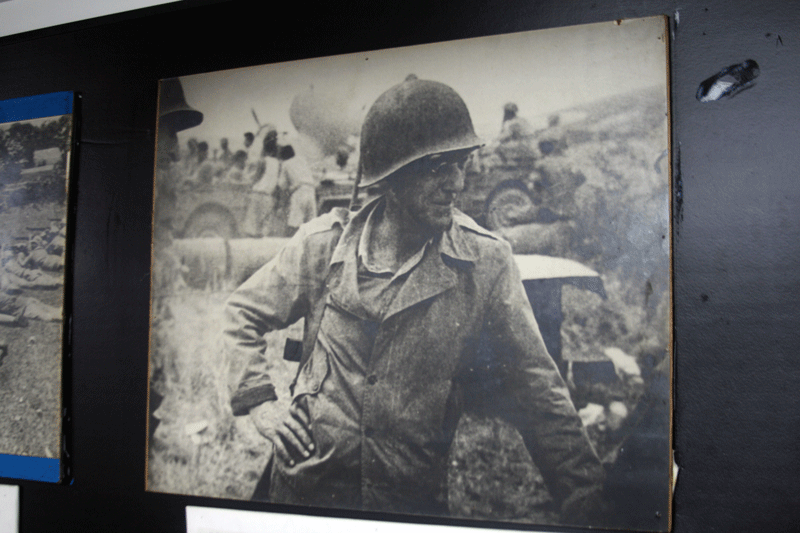
On October 19, 1944, Stilwell was recalled from his command by President Franklin D. Roosevelt.
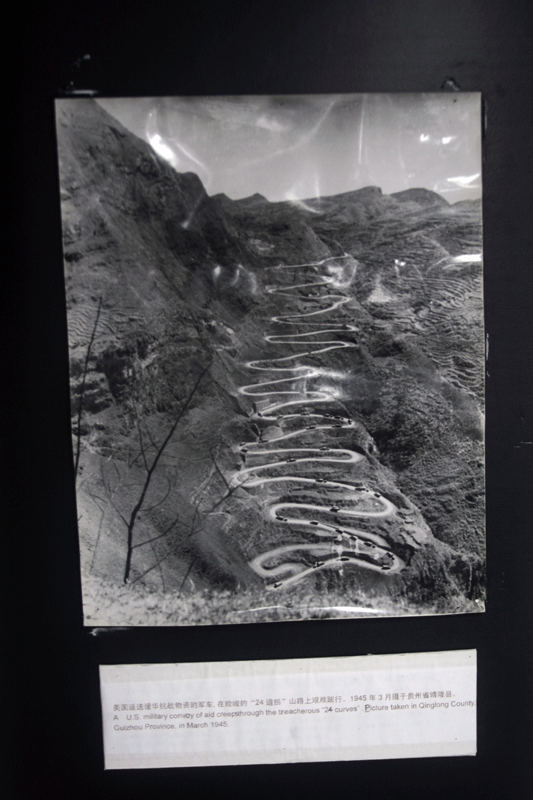
Stilwell's return to the United States was not accompanied by the usual ceremony.
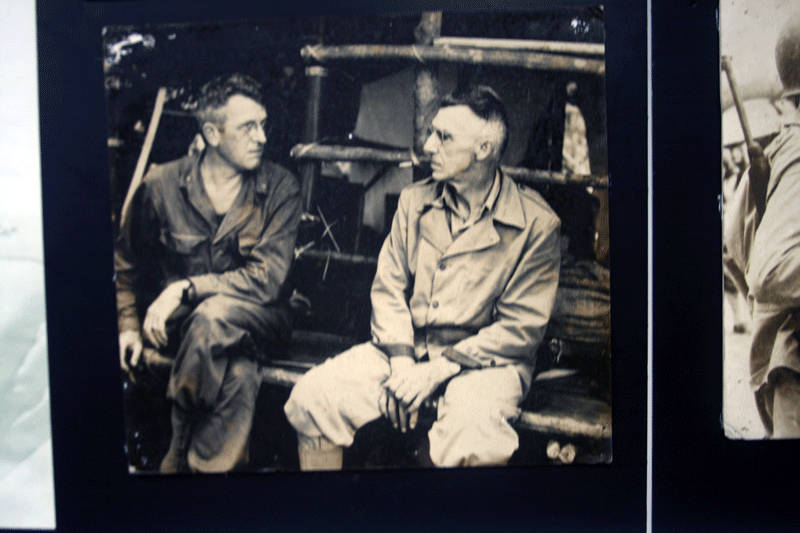
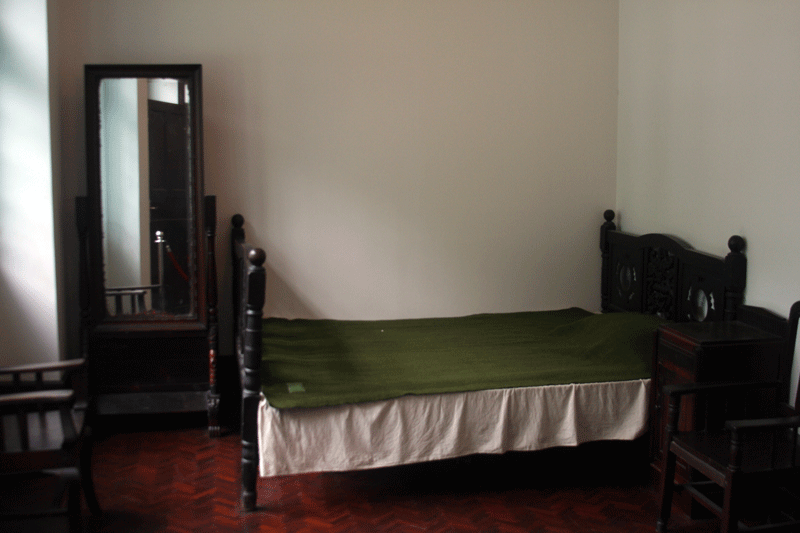
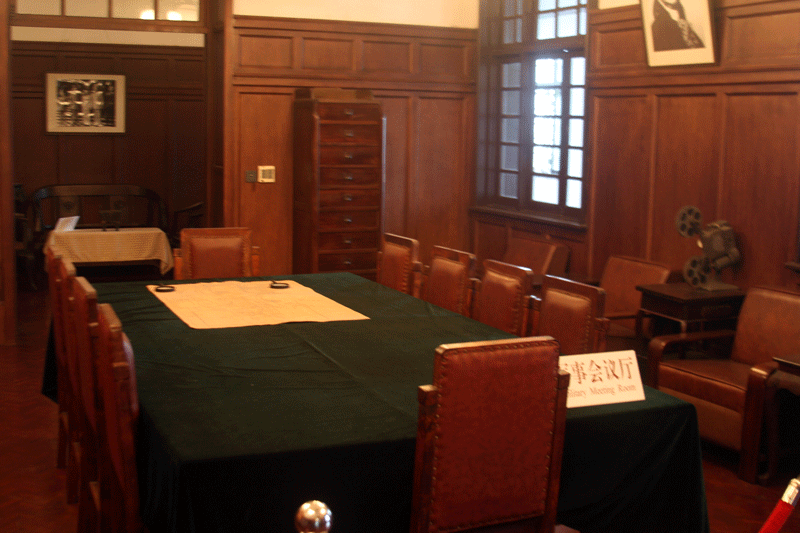
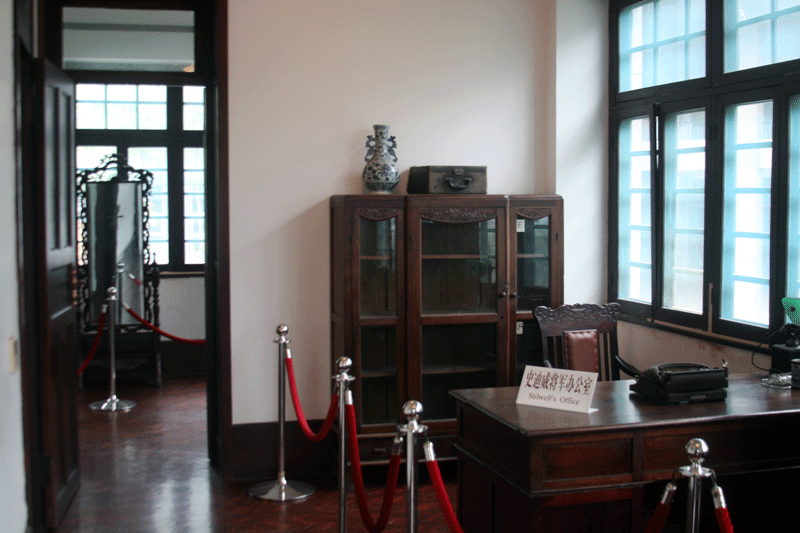
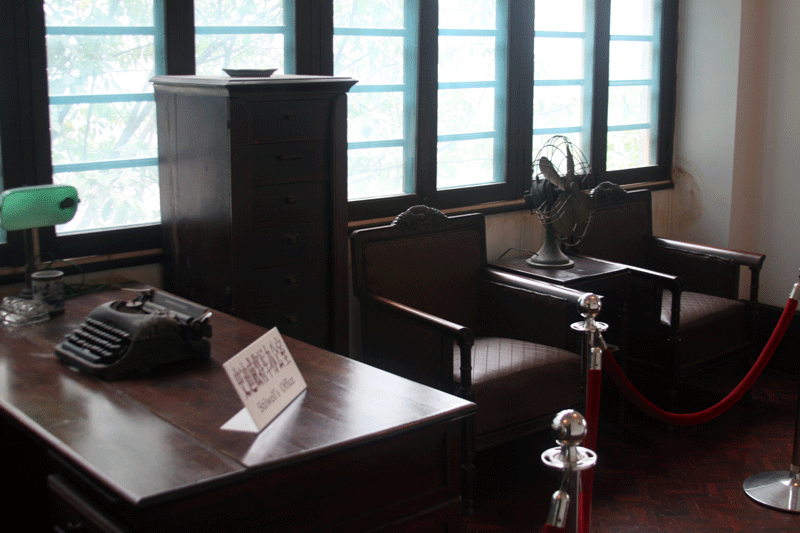
Although Chiang was successful in removing Stilwell, the public relations damage suffered by his Kuomintang regime was irreparable.
Right before Stilwell's departure, New York Times drama critic-turned-war correspondent Brooks Atkinson interviewed him in Chongqing and wrote: "The decision to relieve General Stilwell represents the political triumph of a moribund, anti-democratic regime that is more concerned with maintaining its political supremacy than in driving the Japanese out of China.
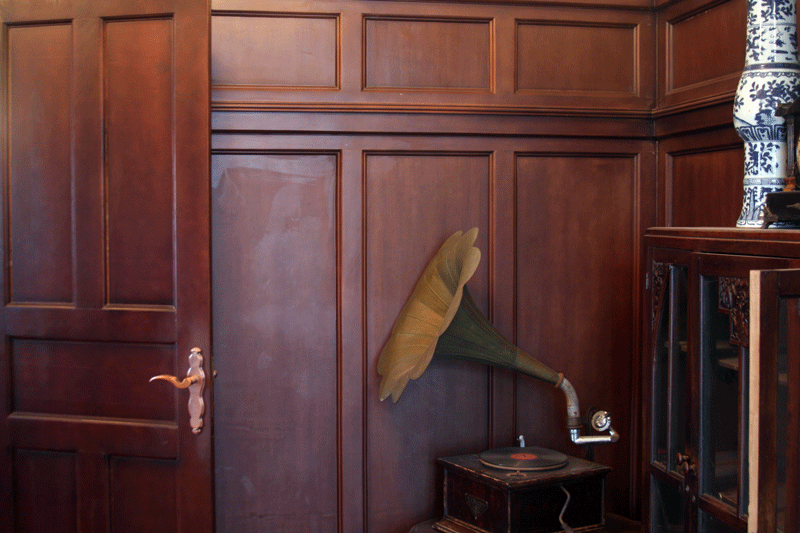
I think there is an interesting alternative history story that could be written - what if Stilwell's position had been supported, and the US was allied with Mao at the end of WW II, and the declaration of a New China in 1949 was done in that context rather than the Soviet one?
The ultimate conflict with the USSR was, at least in part, a conflict of the truly socialist ideals of Mao's China versus the strong class-based system of communism used by the Soviets.
What would a democratic-socialist perspective has looked like?
